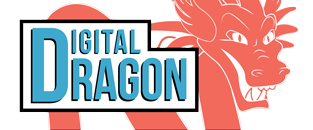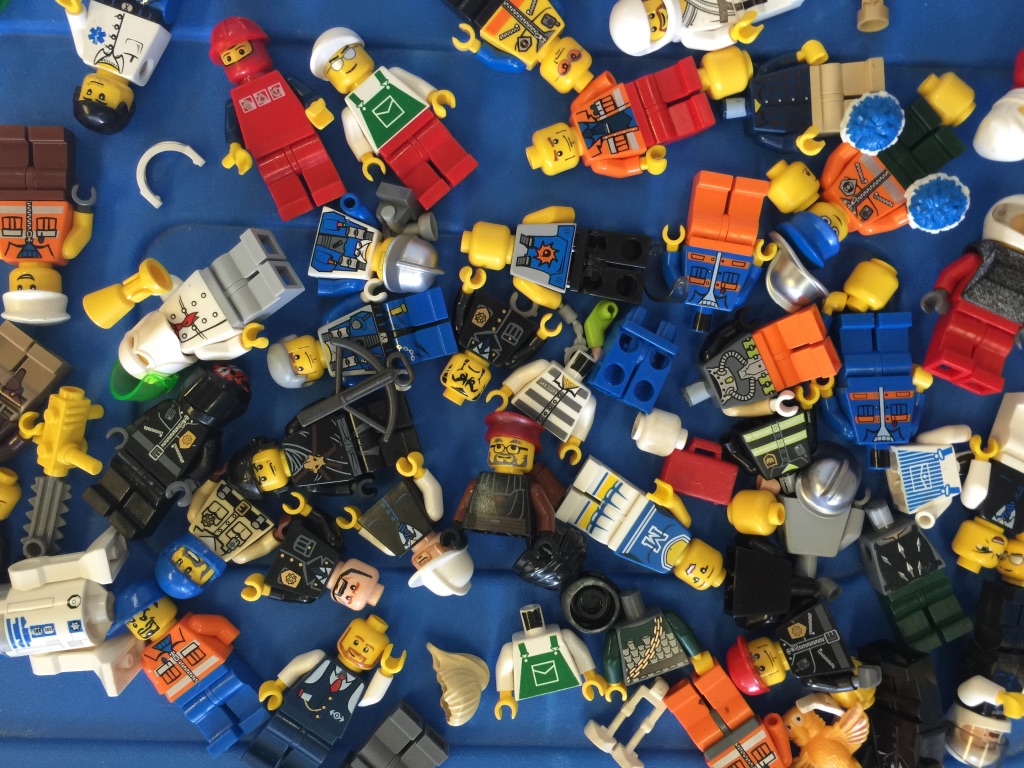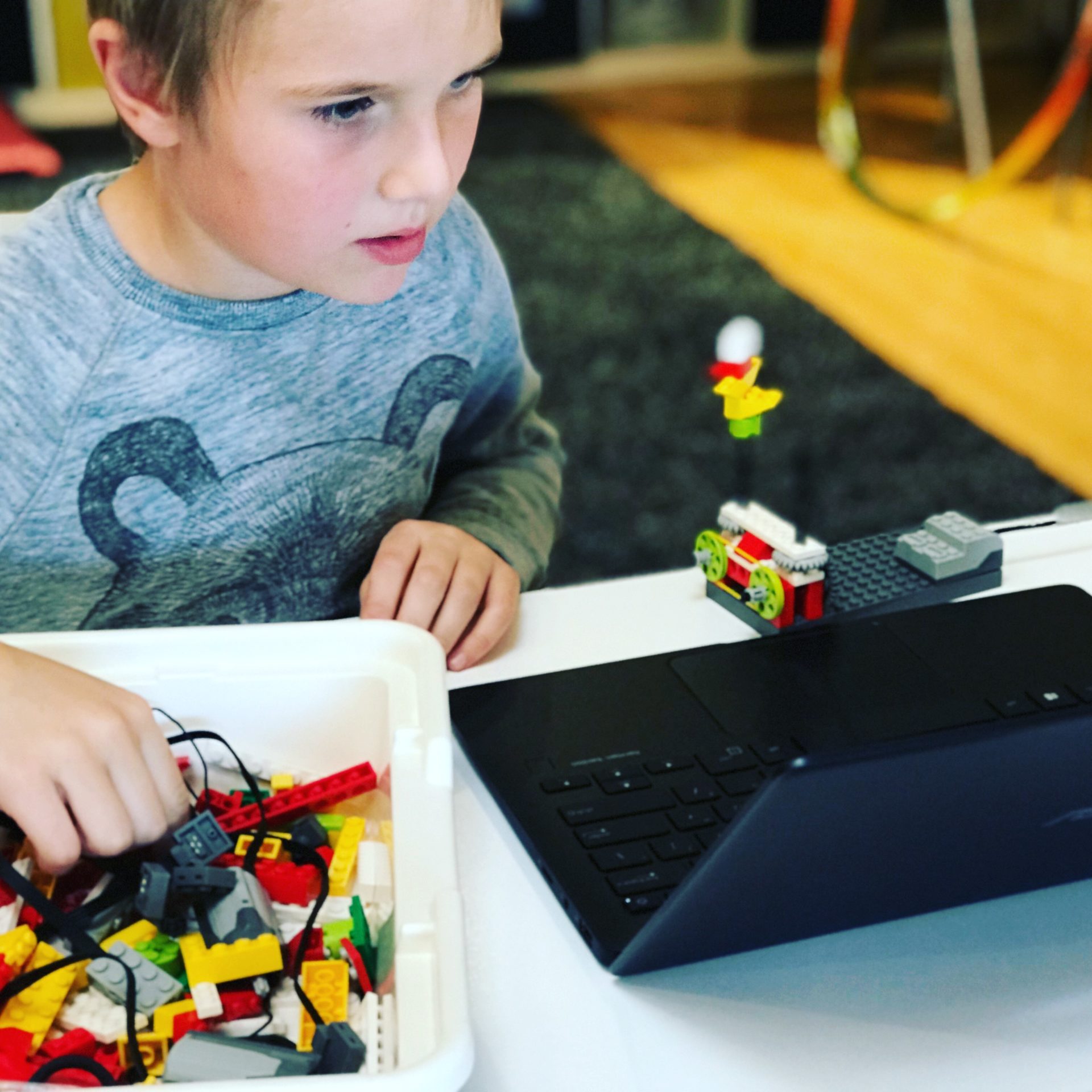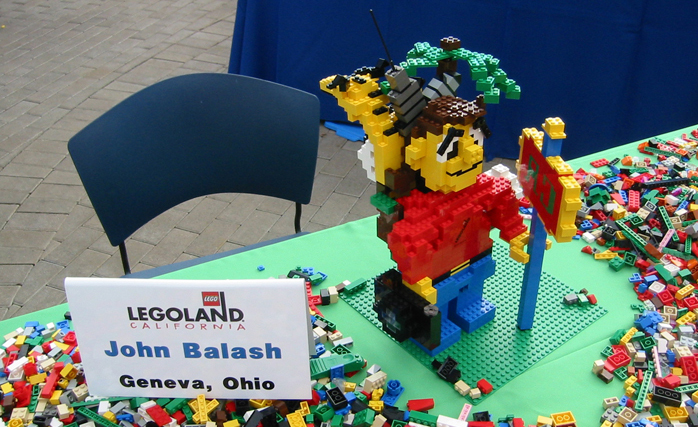Why LEGO play should be taken VERY seriously! LEGO headquarters has serious plans for your children!
Learn about the methodology behind the LEGO play philosophy!
While we wait to settle schedules in the new year, this month we’ll shift from the interview series to a special spotlight. Over the holiday season I was fortunate enough to attend a facilitator training workshop on the LEGO Serious Play Methodology. There’s a lot to deconstruct in that previous sentence and why it’s important to share. So let’s break it down!
LEGO Serious Play (LSP): the methodology was originally created internally by the LEGO Group to improve business strategy. Since 2010, LSP has been open sourced. While one may naturally think that it’d be “fun” to have a meeting revolving around everyone’s favorite building system, it is aptly named “serious.” LSP could be labeled as “hard fun,” but make no mistake, it is far from icebreakers or team building exercises. LSP experiences are designed to solve sticky, deep rooted challenges. Halfway there – doing well so far!
At its core, you could expect an experience to be various cycles of the following process: Challenge, Build, Reflect, Repeat. However, before we go further, we have to circle back to another part of our driving sentence: facilitator. LSP indeed requires a trained facilitator. Five out of six. What are we left with?
Play. And as always, this one is extra important. Like anyone who happens to find themselves with LEGO in hand or nearby, chances are one thing will lead to another and sooner than later you’ve made something. Like an experience we have with games, sports, or something else we enjoy, we more than likely, for however long, reached a state of flow. Entwined within the flow, that creation, that’s physically real and tangible, means something to you. Regardless of your LEGO building skills, you can explain what the build means and therein lies the power of LSP.
Why this is important is because in a world of digital tools and an abundance of design toolkits, there’s something to be said for hands on creating. I was genuinely moved by the experience and am folding LSP into my professional practice any chance I get!
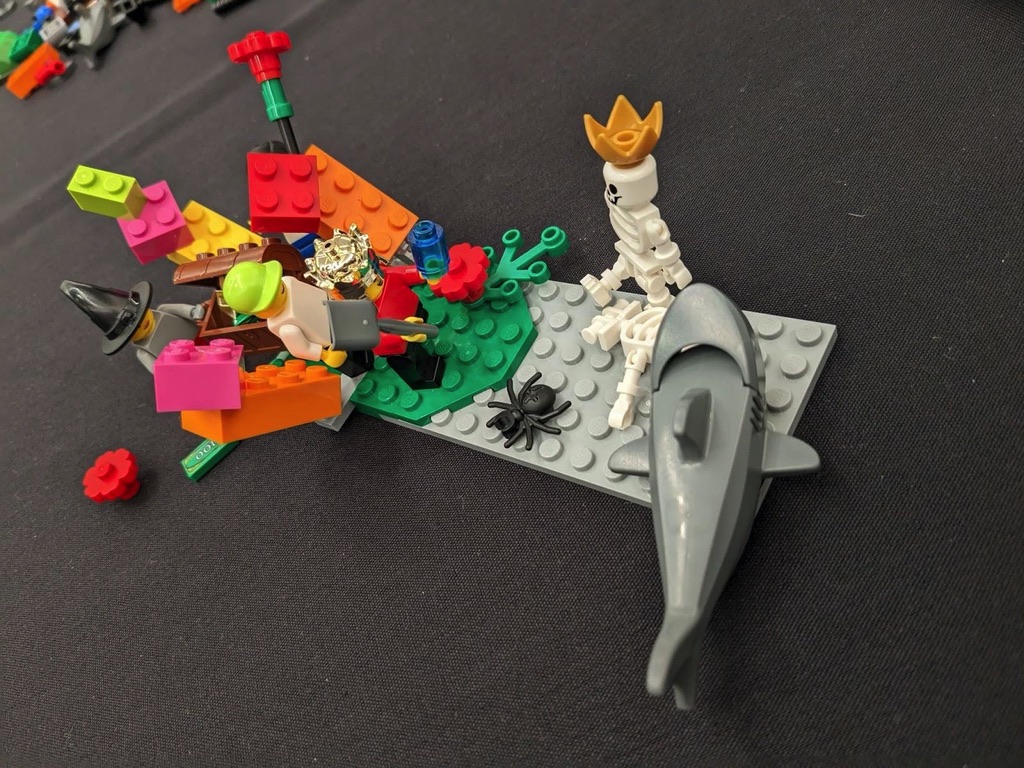
TLDR; There are plenty of strategies for innovation, though I have yet to experience anything like the LEGO Serious Play Methodology. Dipping in and out of flow definitely kept it serious while always playful. My experience was exhilarating and utterly exhausting. If the opportunity ever arises that you and your team get to use LSP, make sure your facilitator is good, and get ready for hands-on innovation (and plenty of builds that make sense to no one outside of your team – see our creation right above).
Digital Dragon uses LEGOs for Digital Production classes and the new LEGO education SPIKE Prime kit for our Robotics Classes. To learn more about our programs, reach out: info@digitaldragon.co
About the Author:
John Balash was instrumental in Digital Dragon’s launch in 2013 as its first Curriculum Director and is now back in the fold as a consultant on all the latest and greatest in tech education.This is John’s latest contribution to a monthly blog series we’ve launched, Tech News from the Frontier. John is the Director of Educational Engagement at Carnegie Mellon University’s Entertainment Technology Center. John has worked on educationally-focused initiatives with clients ranging from D.A.R.P.A. to Disney. Working from both sides of the desk, you can find John in classrooms and conferences around the world exploring new uses for technologies in learning environments.
